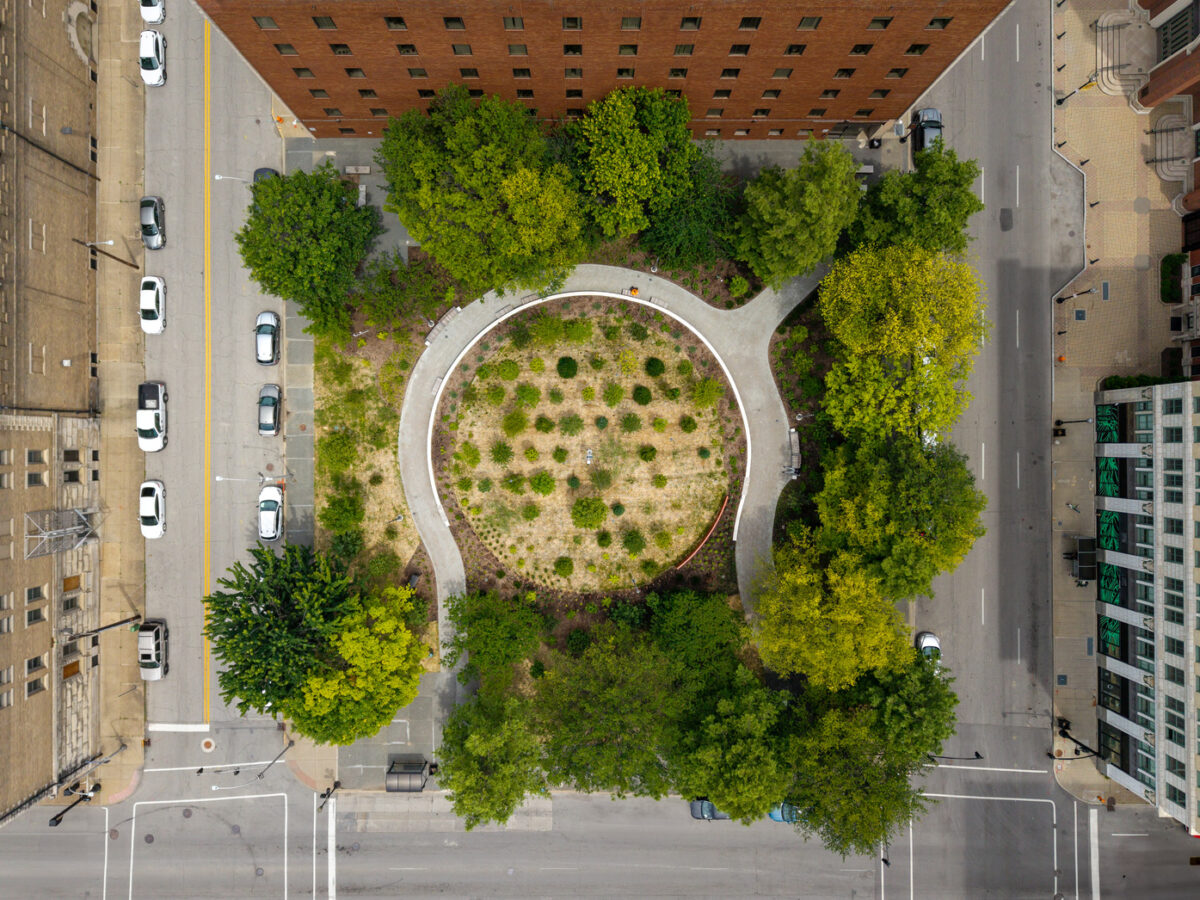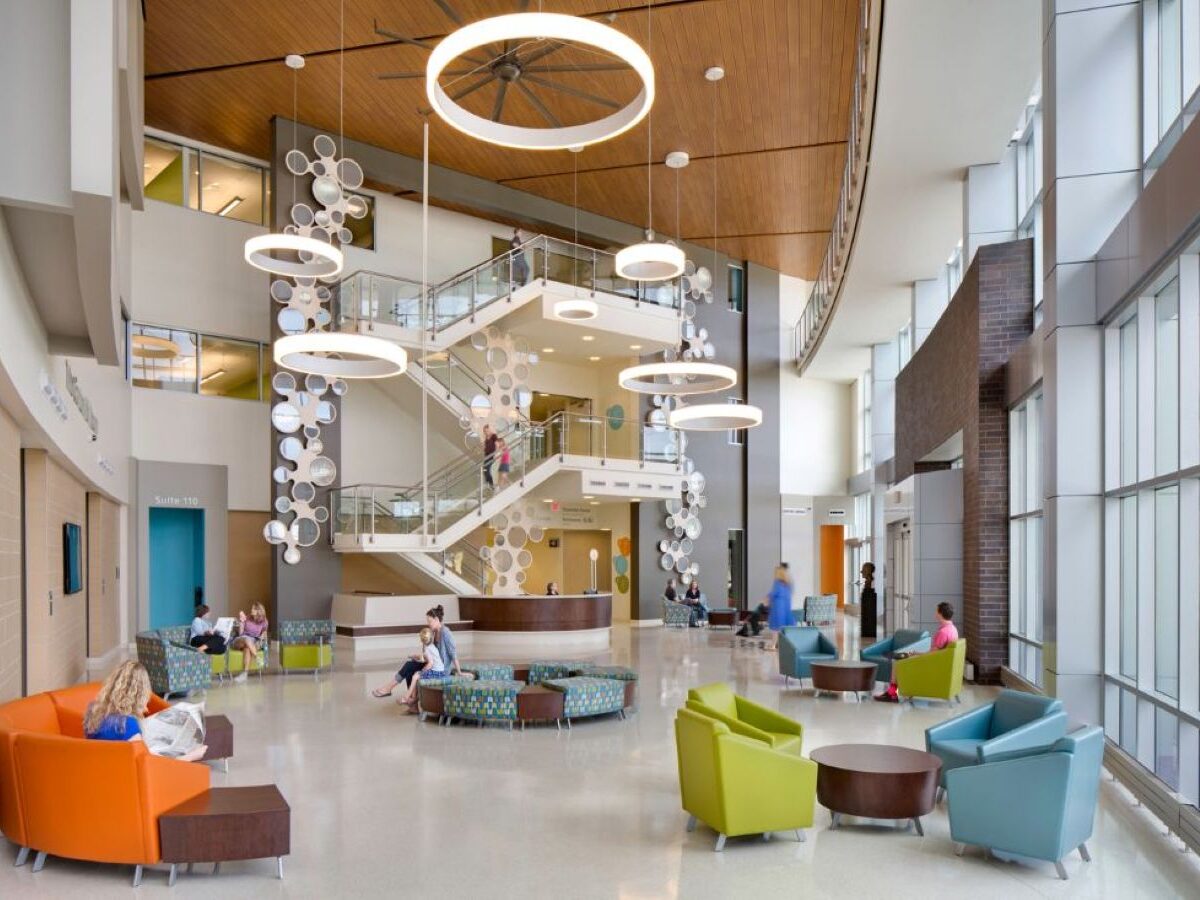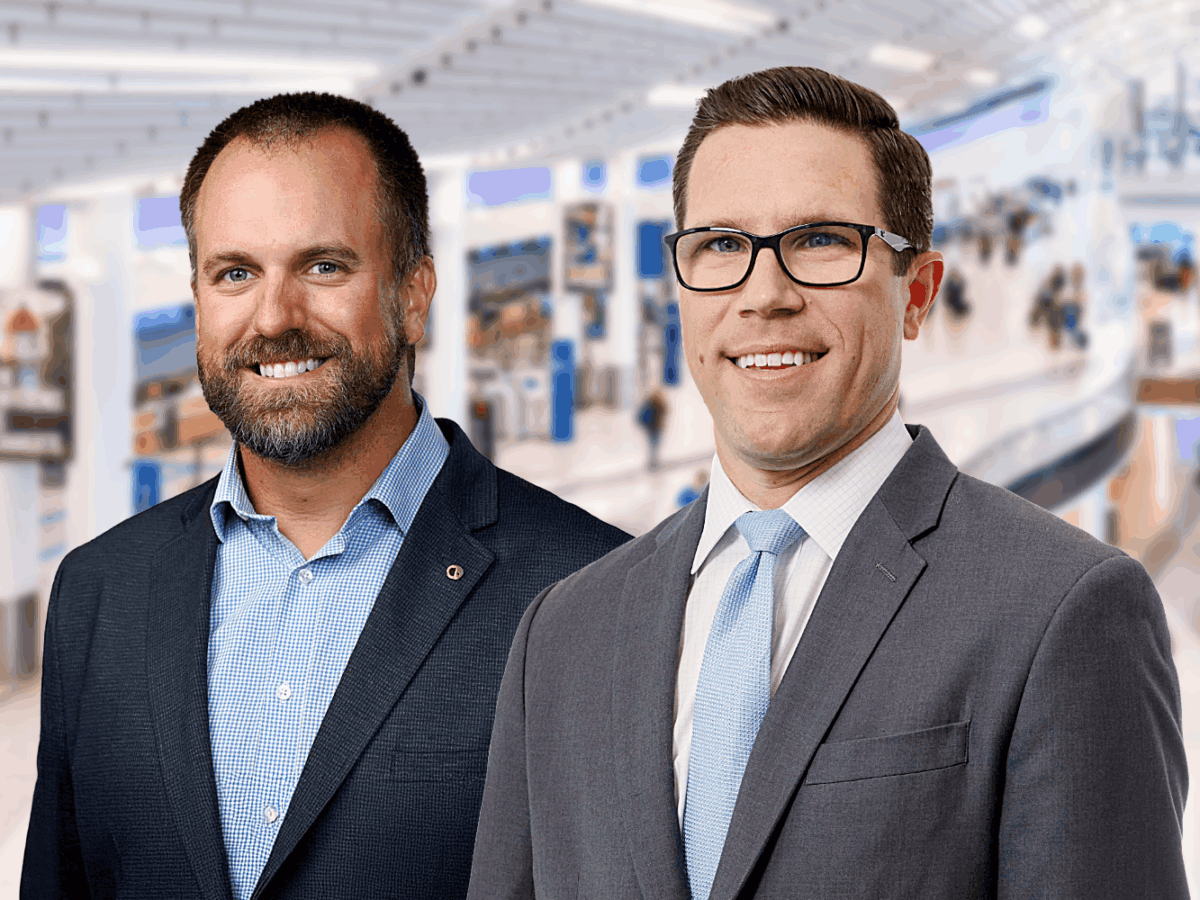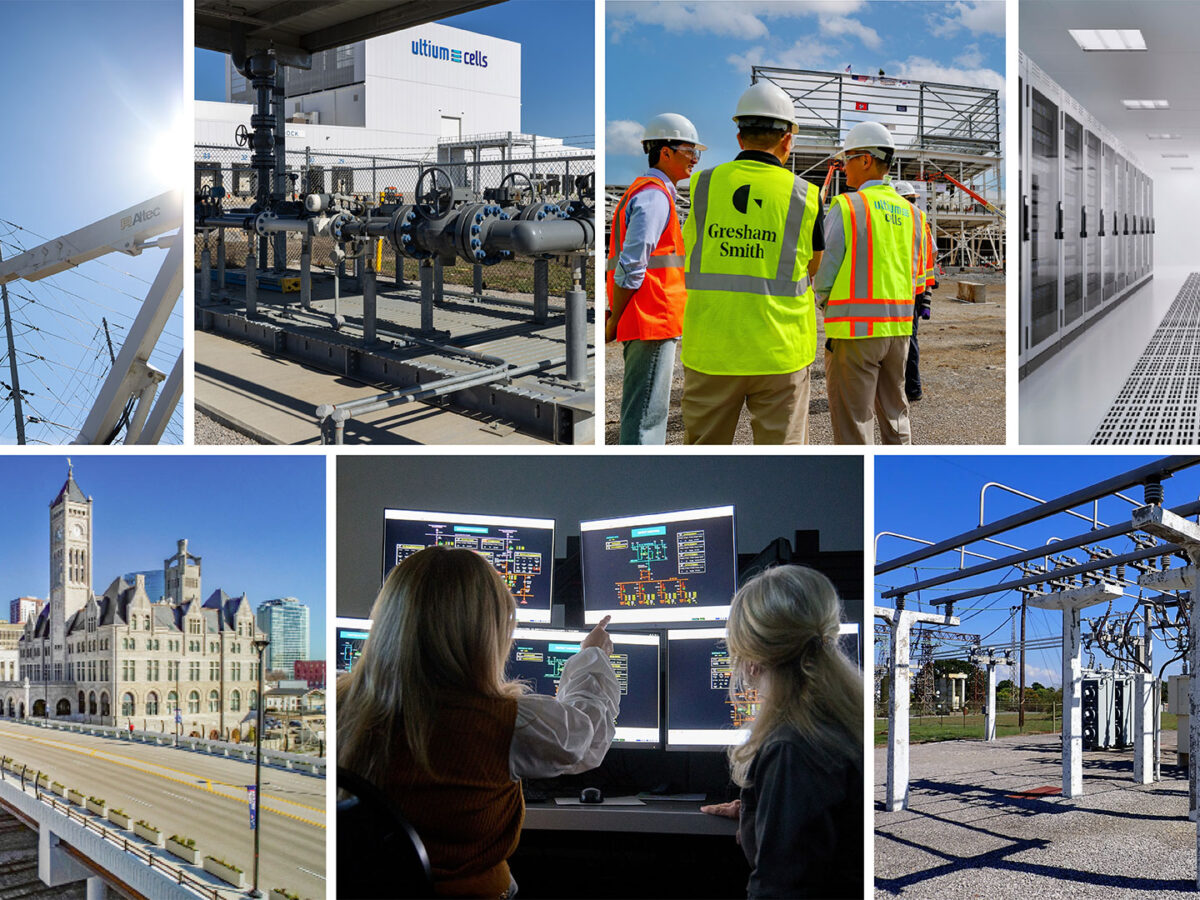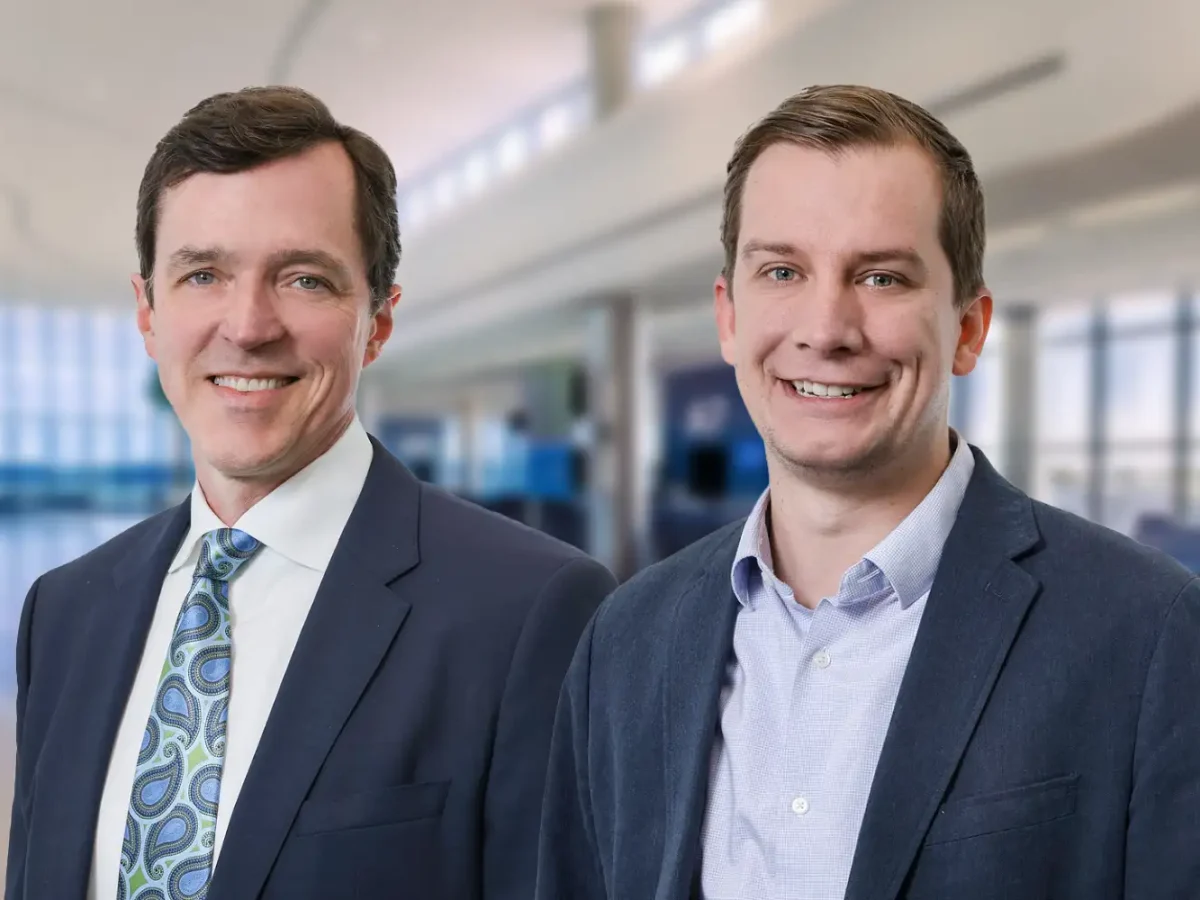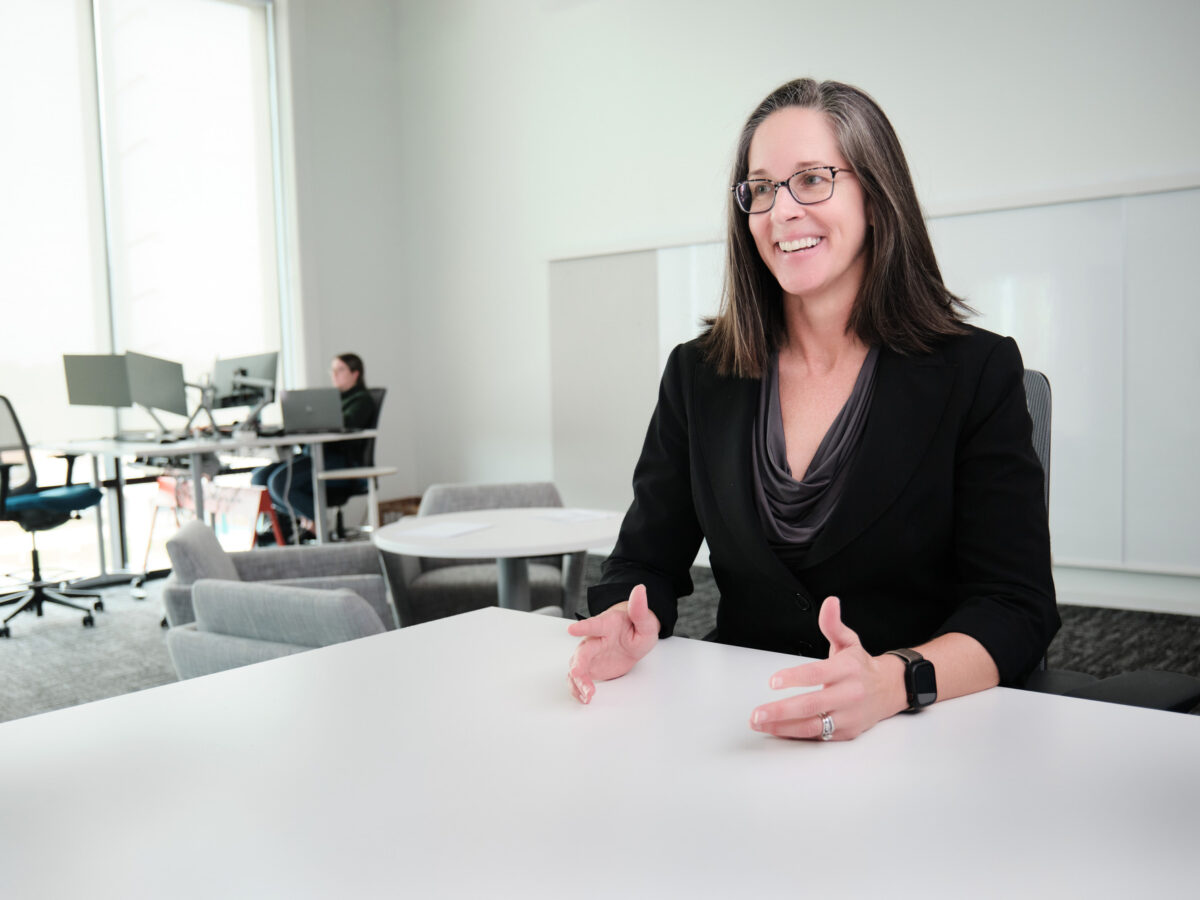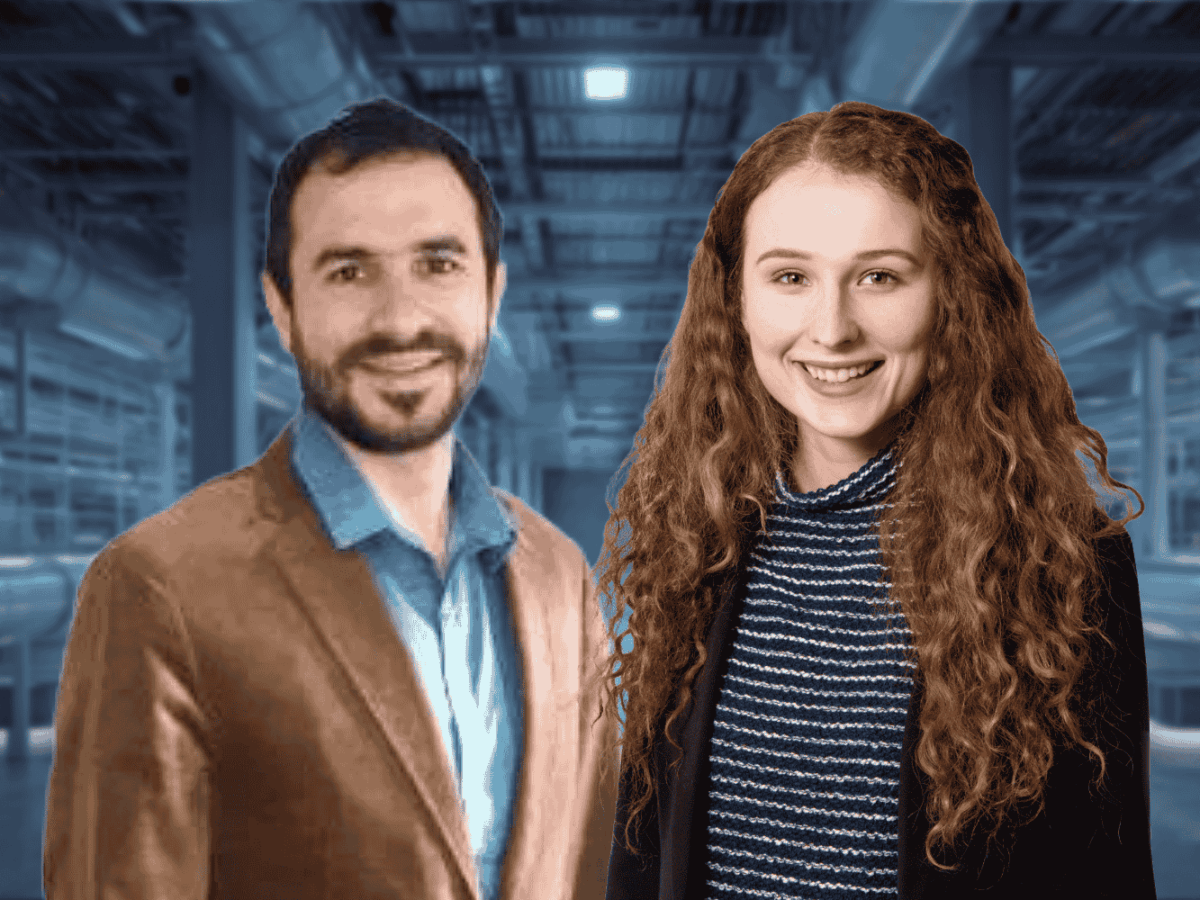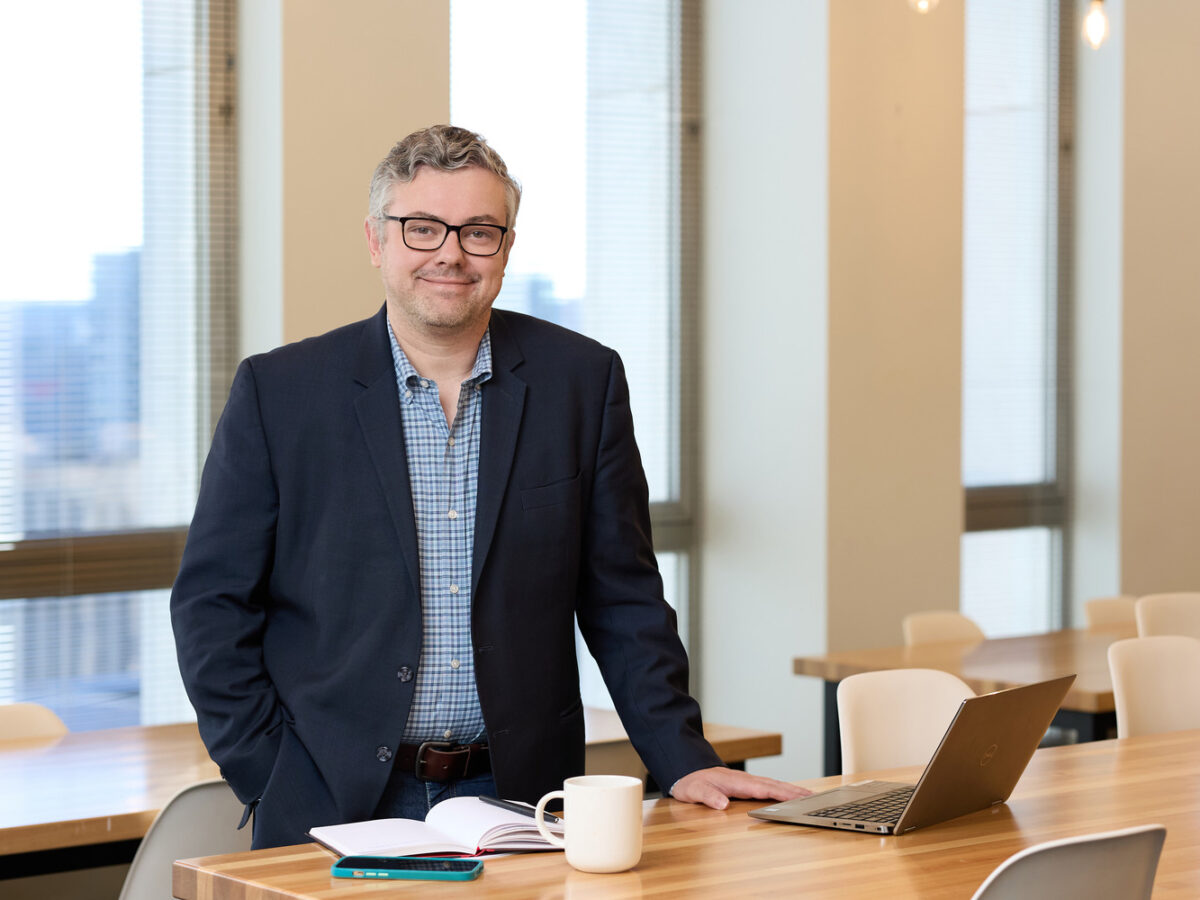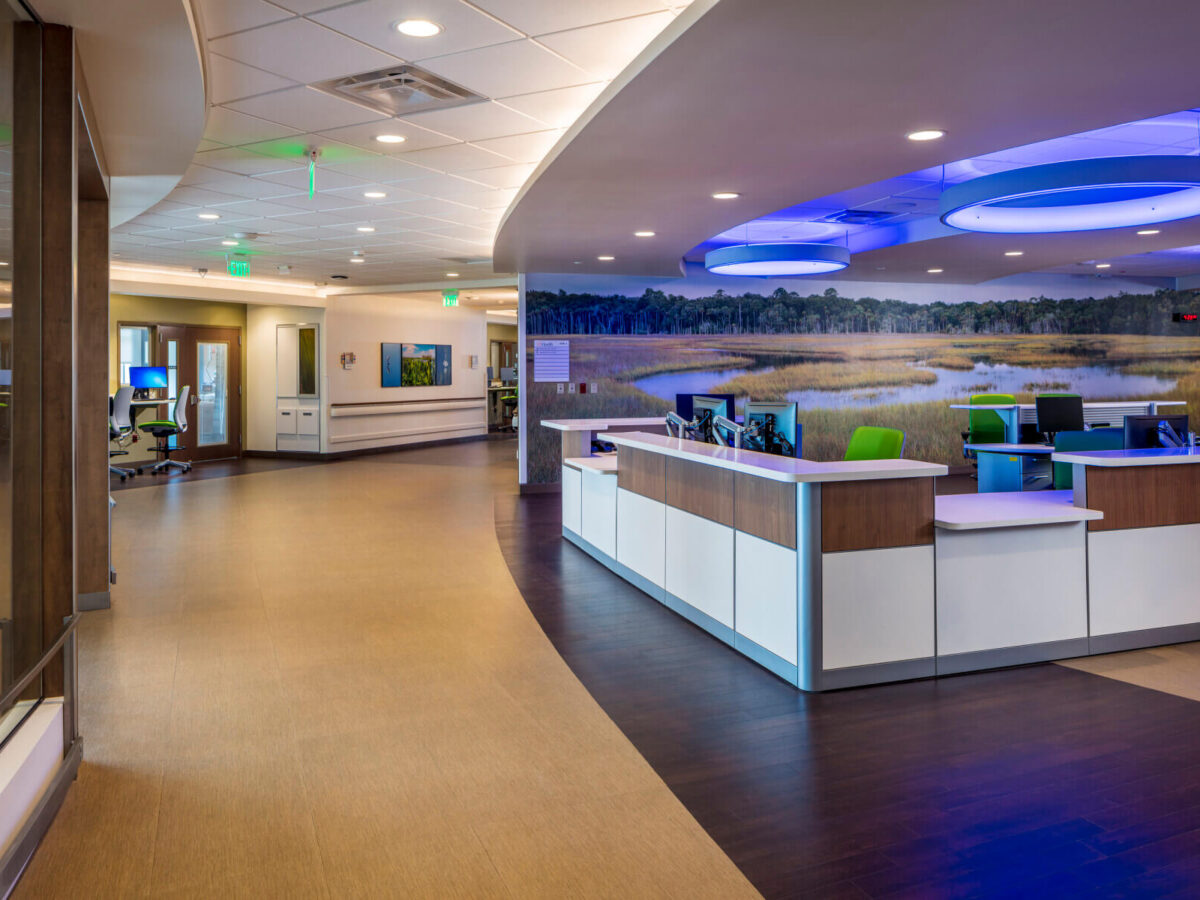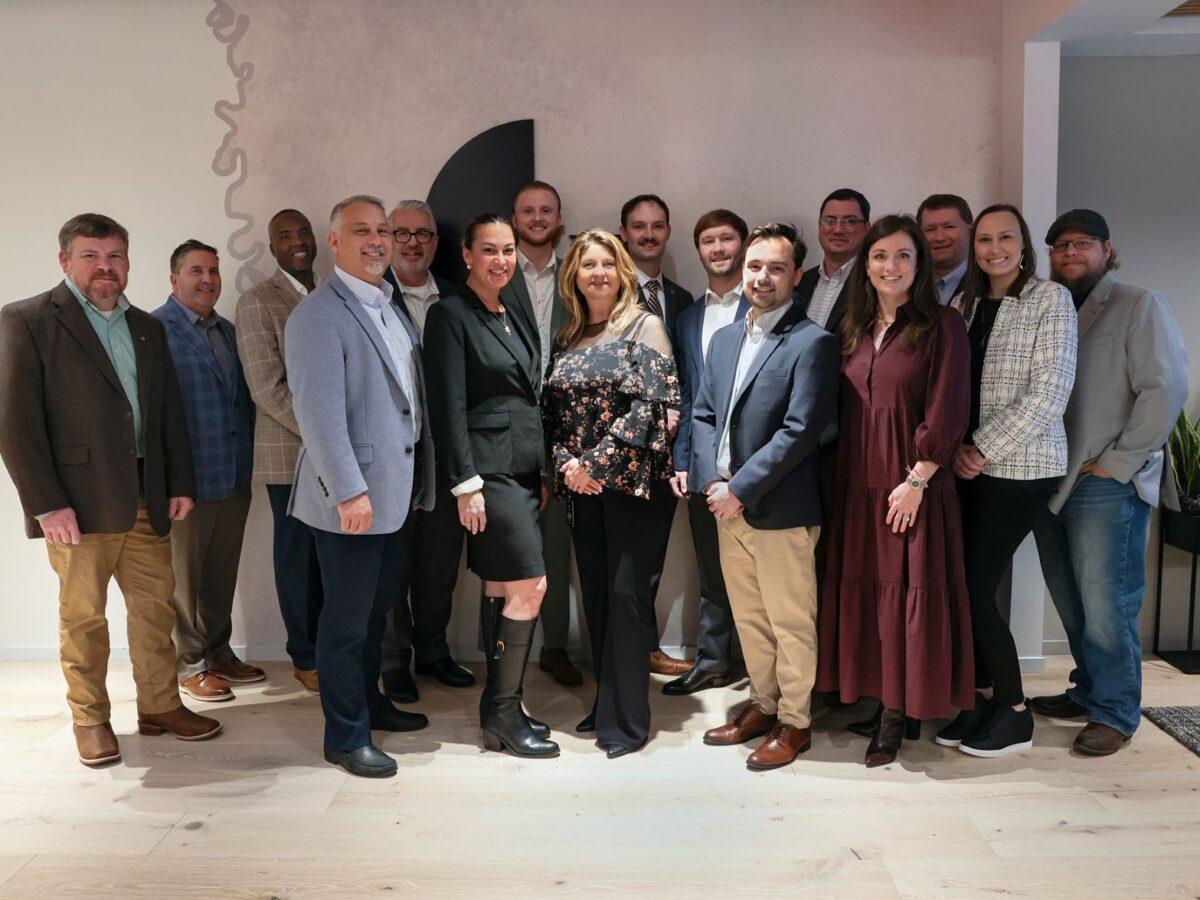Gresham Smith is proud to announce that several Gresham Smith Water + Environment experts will present at the One Water Ohio Conference, held in Cleveland, Ohio, next week. Presentations will focus on a range of topics including water reuse systems, destructive technologies for PFAS, and more. Summaries of the presentations are below.
Taking the “Forever” Out of “Forever Chemicals”: A Review of Destructive Technologies for PFAS | Presented by Brian Yates, P.E., and Abhi Nair
Per- and polyfluoroalkyl substances (PFAS) are persistent, human-made pollutants found in various consumer and industrial products. Linked to serious health impacts—such as cancers, thyroid disease, and pregnancy complications—PFAS are now regulated by agencies like the EPA due to their environmental persistence and resistance to degradation. This presentation reviews emerging technologies for PFAS destruction, focusing on methods with strong potential for full-scale implementation. Technologies evaluated include electrochemical and photocatalytic oxidation, plasma treatment, sonolysis, supercritical water oxidation, and advanced chemical and biological methods. Each is assessed for treatment efficacy, scalability, cost, and environmental feasibility. The findings support integrated, multi-technique approaches to overcome individual limitations and provide effective, sustainable solutions for mitigating PFAS contamination.
Piedmont Hospital Water Reuse System: Increasing Operational Resiliency and Reducing Cost | Presented by Randy Booker, Ph.D., P.E., and Kelvin Rosa, P.E.
Located on the Piedmont Hospital campus, the Piedmont WaterHub® will intercept and treat wastewater from the entire campus hospital for reuse as utility makeup water in the hospital’s boilers and cooling towers. Currently operational, the facility is rated for a maximum flow of 305,000 GPD. The WaterHub is designed to process wastewater from three separate manholes surrounding the hospital campus. These manholes receive a combination of wastewater streams from facilities in the area, and provide different flow rates and water qualities to the reclamation facility. The wastewater is then processed using a combination of biological and physical treatment trains inside the facility. Unit processes include membrane bioreactor (MBR), reverse osmosis (RO) and UV disinfection systems. Since the WaterHub is a unique application of water reuse and a private critical health care facility, it required significant collaboration between public and private partners to ensure it would not impact the City of Atlanta’s collection system and downstream treatment facility. In addition, the facility’s sensitive neighborhood and location on a critical heath care campus required that it have an innovative and appropriate architectural design for permit approvals and acceptance by the local community.


